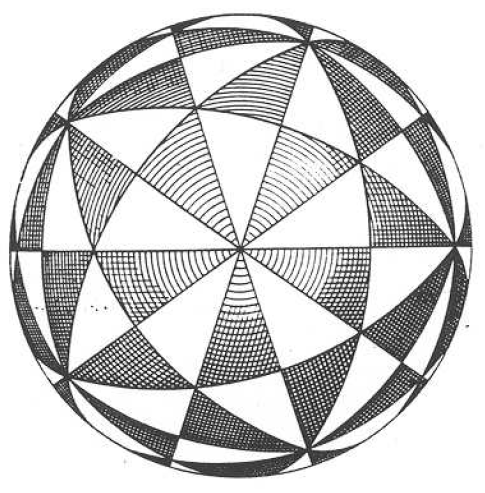The $n\text{th}$ harmonic number is given by
\[H_n=\sum_{k=1}^n\frac{1}{k}\]and it is a well known fact that $H_n\to\infty$ as $n\to\infty$. Often this is proven by comparing the sum to the integral $\int_1^\infty\frac{1}{x}\,\mathrm dx$ or this crafty proof, but there is another lesser known proof that I think is just as fun.
Divergence of the harmonic series
We start with the inequality $e^x\geq1+x$, with equality only when $x=0$. If we apply this to the exponential of $H_n$ we get
\[\begin{align*}e^{H_n} &>\prod_{k=1}^n\left(1+\frac{1}{k} \right ) \\ &=\prod_{k=1}^n\frac{k+1}{k} \\ &=n+1.\end{align*}\]Taking the natural logarithm of both sides tells us that $H_n>\ln(n+1)$, and $\ln(n+1)\to\infty$ as $n\to\infty$ yields the desired result.
The infinitude of prime numbers
From the Euler product for the Riemann zeta function we have,
\[\sum_{n=1}^\infty\frac{1}{n}=\prod_p\frac{p}{p-1}.\]Now if there were a finite number of prime numbers, the right hand side of the above equality would clearly be convergent, but this implies $H_n$ wouldn’t tend to infinity. This is a contradiction, so there must be infinitely many prime numbers.
